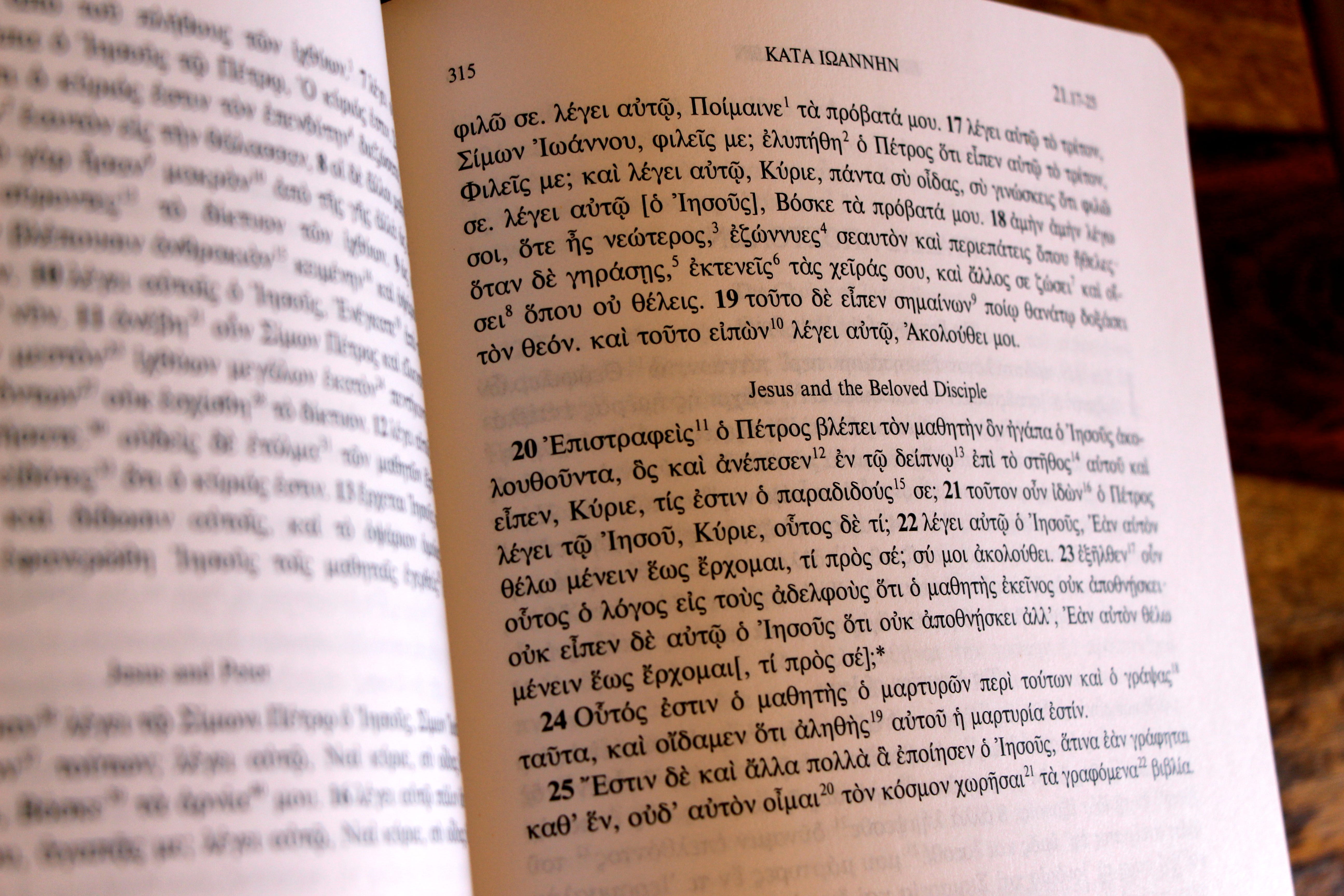How to Sharpen and Strengthen Your Greek in the New Year
A reading plan that helps you to grow from reading the easiest Greek in the New Testament to translating the hardest portions of the New Testament
Keep reading with a 7-day free trial
Subscribe to The Apologetics Newsletter by Timothy Paul Jones to keep reading this post and get 7 days of free access to the full post archives.


